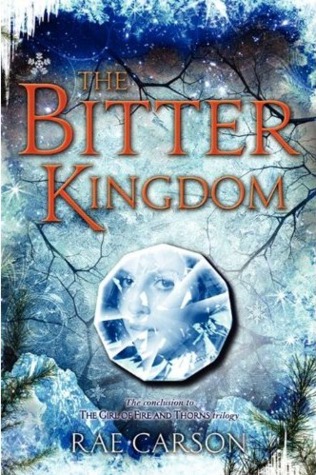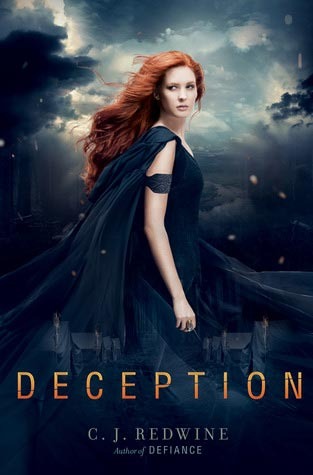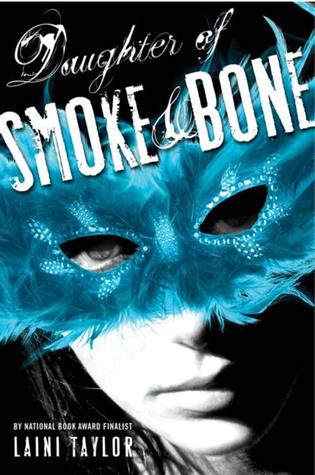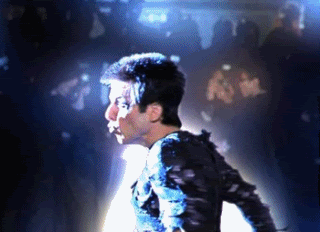The Bitter Kingdom is the conclusion to Rae Carson’s epic fantasy trilogy that started with The Girl of Fire and Thorns and continued with The Crown of Embers. As you might remember, I enjoyed the first book in the series, but it was the second one that made me a die-hard fan. From the twisting plot to the fully realized magical world unlike anything I’ve ever read, it is everything I want in a fantasy. And it didn’t hurt that it features Hector, one of my favorite fictional characters of all time. (Elisa, the main character, is no slouch herself).
So of course, The Bitter Kingdom was one of my most anticipated books of 2013. I couldn’t wait to hear how Elisa’s and Hector’s adventures would conclude, and if she would finally complete her act of service and fulfill her destiny as The Chosen One.
The Plot (from Goodreads):
The epic conclusion to Rae Carson’s Fire and Thorns trilogy. The seventeen-year-old sorcerer-queen will travel into the unknown realm of the enemy to win back her true love, save her country, and uncover the final secrets of her destiny.
Elisa is a fugitive in her own country. Her enemies have stolen the man she loves in order to lure her to the gate of darkness. As she and her daring companions take one last quest into unknown enemy territory to save Hector, Elisa will face hardships she’s never imagined. And she will discover secrets about herself and her world that could change the course of history. She must rise up as champion-a champion to those who have hated her most.
My Thoughts:
The Bitter Kingdom begins with one of my favorite epic fantasy conventions: The Long Journey Into Unknown Lands. In this case, Queen Elisa and her small band of allies are traveling to the hostile territory of Invierne to rescue Hector, the Captain of the Royal Guard, and also the man who holds Elisa’s heart, who was taken captive at the end of The Crown of Embers. Before they can get to Hector, Elisa and her companions must overcome both the harsh winter weather of Invierne and the mysterious, deadly magic wielded by the Inviernos. But in The Bitter Kingdom, we are treated to something we never got in the first two books: Hector’s point of view. So we are able to watch as he undermines and sabotages his captors, trying to delay their plans until Elisa comes for him.
I loved how Rae Carson turned the damsel in distress trope on its head by having Elisa be the one to go after Hector. Not only was it fun to watch the queen rescue the soldier, but it evidenced Elisa’s tremendous growth since the first book. She was no longer cautious and filled with self-doubt, but finally comfortable in asserting her power as Queen. But although Hector was tied up and weakened, he was not helpless either. It was fantastic to see the two of them work together to secure Hector’s freedom, even though neither of them knew what the other was doing. And as expected, I still loved Hector and Elisa. Adding Hector’s point of view was brilliant, and it was amazing to witness his cold strategizing coupled with his tender thoughts toward Elisa.
As far as Elisa goes, in The Bitter Kingdom we see her both at her most powerful and her most vulnerable. Just when I thought her character arc may be complete, going from a meek princess with a low self-esteem to a confident queen in control of inconceivable magic, she plummeted back down and had to claw her way up again. I thought it was a stroke of genius, because it not only kept the stakes high and her character vulnerable, but it really let us see how Elisa has grown as a person, even apart from the Godstone.
I also enjoyed the secondary characters. The cast is smaller in this book, and I missed spending time with some of my favorite characters from Crown of Embers (the most noteable being Tristán), but almost every character makes at least a cameo appearance in the second half of the book, where we get some insight into where they wind up. Meanwhile, a couple lovely new characters are added to the cast, and some familiar characters are developed further. My favorite was probably Storm, the Invierno-turned-Joyan that we meet in the second book. He evolves from someone truly unlikable when we first meet him to one of the most fascinating characters in the series. I could read an entire book (or series) just about him and his family and his conflicted loyalties.
After the Epic Journey concludes, it’s up to Elisa to stop a war, unite her people, get to the bottom of the magic the Inviernos are using to conquer anyone in their path, and discover her purpose as bearer of the Godstone. It’s a tall order, and Rae Carson handles it brilliantly, with lots of action and intrigue interspersed with Elisa’s own personal reflection as she struggles to be the person God needs her to be. By the end of the book, I had all of my big questions answered and felt satisfied with where the others were left.
The Bitter Kingdom was everything I want in the conclusion to a trilogy: action, intrigue, smart plotting, fantastic character development, and a satisfying conclusion. I’d wholeheartedly recommend this series to fans of fantasy and adventure, or just someone looking for a masterfully crafted, well-told tale.















